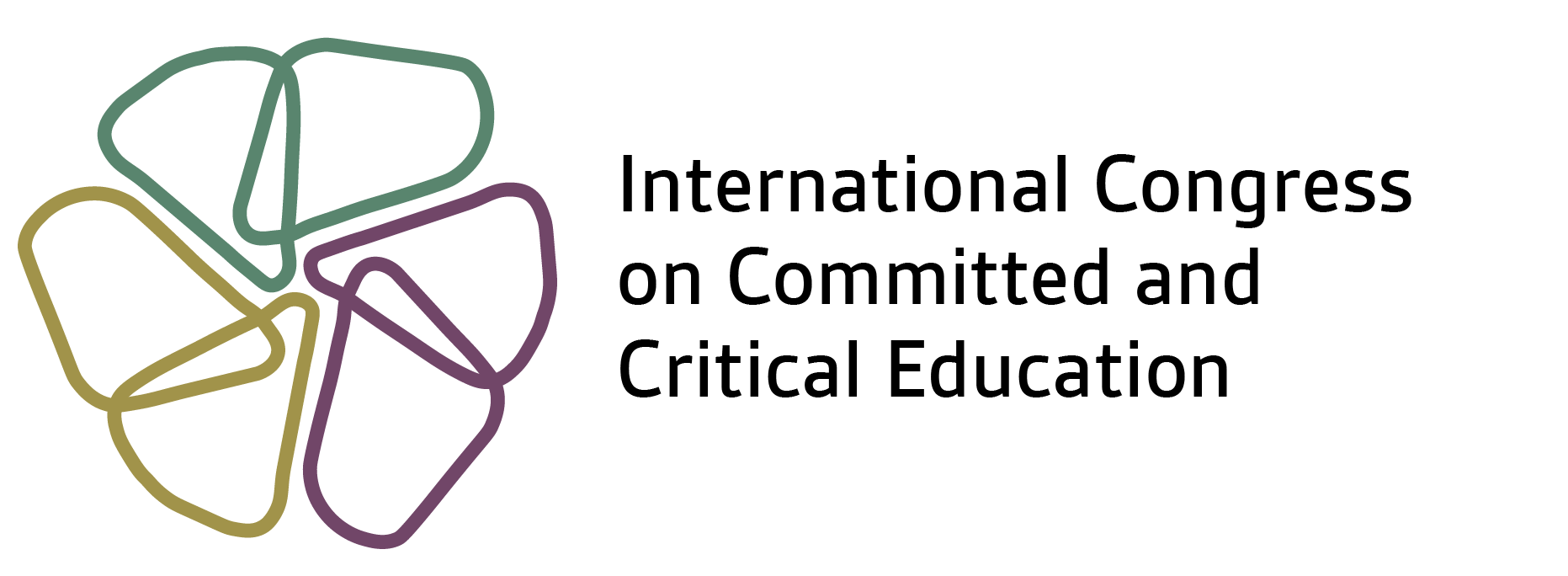1st International Congress on Committed and Critical Education
Thematic strands
The five thematic strands that structure the congress address key debates around:
Living curriculum sustained by transformative pedagogical practices
This communication strand welcomes educational proposals related to the relationship between transformative pedagogical practices and a living curriculum—i.e., a curriculum that integrates knowledge in a holistic manner and fosters significant transformation in the educational experience.
Within this strand, we address interdisciplinary curricular approaches that generate deep understanding. We also explore methodologies and teaching strategies that support knowledge construction in real educational contexts, promoting critical reflection and student agency.
Additionally, we consider the ethical and affective dimensions of the educational act, recognising their fundamental role in shaping individuals committed to their communities.
The purpose of this strand is, therefore, to share educational experiences and proposals that enable a living curriculum open to pedagogical evolution.
Experiences and research committed to global justice and the common good
This thematic strand welcomes educational proposals related to the connection between transformative pedagogical practices and a living curriculum — that is, a curriculum that integrates knowledge in a meaningful way and fosters significant transformation in the educational experience.
This strand explores interdisciplinary curricular approaches that enable deep understanding. It also examines methodologies and teaching strategies that support knowledge construction in real educational contexts, encouraging critical reflection and student agency. Moreover, it considers the ethical and emotional dimensions of the educational act, recognising their fundamental contribution to shaping individuals who are committed to their environments.
The aim of this strand is, therefore, to share experiences and educational proposals that enable a living curriculum open to pedagogical transformation.
Global education (and learning) for social transformation
This strand invites the submission of both theoretical and practical proposals that analyse, from diverse perspectives, how education can become a transformative tool to address global challenges and strengthen commitment to social and global justice.
Within this strand, we welcome experiences and research related to the various dimensions of education for global justice, promoting a critical understanding of the structural causes of inequalities between the Global North and South.
Proposals involving community participation and/or arising from collaborative work among social movements, organisations, educational centres, or universities will be highly valued.
These should address the complexity and interconnection of global and local issues, fostering a democratic and participatory social commitment, as well as the development of emancipatory educational practices oriented towards the common good.
Teacher education from a socio-educational commitment
This strand focuses on the teaching profession, which takes on particular significance in today’s educational transformation scenarios, shaped by the globalisation of the economy, culture, and society.
The quality of teaching and teacher practice not only affects students’ academic performance but also their ability to acquire competencies for global citizenship, influencing their commitment to social improvement and transformation.
This strand invites contributions presenting experiences and research on both initial and continuing teacher education that encourage reflection on the social function of education and strengthen the role of teachers as agents of social change.
Useless pedagogies for a critical and committed education
This strand addresses the growing proliferation of anti-pedagogical discourses and the commodification of educational innovation. In this context, it is crucial to distinguish between pedagogical approaches that perpetuate inequality and those that actively seek to challenge it.
We invite submissions of research or theoretical work that critically examine educational proposals or methodologies grounded in neoliberal or populist frameworks, which lack rigorous pedagogical evidence and result only in superficial or cosmetic changes.
The aim of this strand is to question—on solid grounds—those pedagogies which, despite appearing radical or transformative, fail to produce deep change in educational practices and could ultimately be seen as ‘useless’ in building a critical and socially engaged education.

